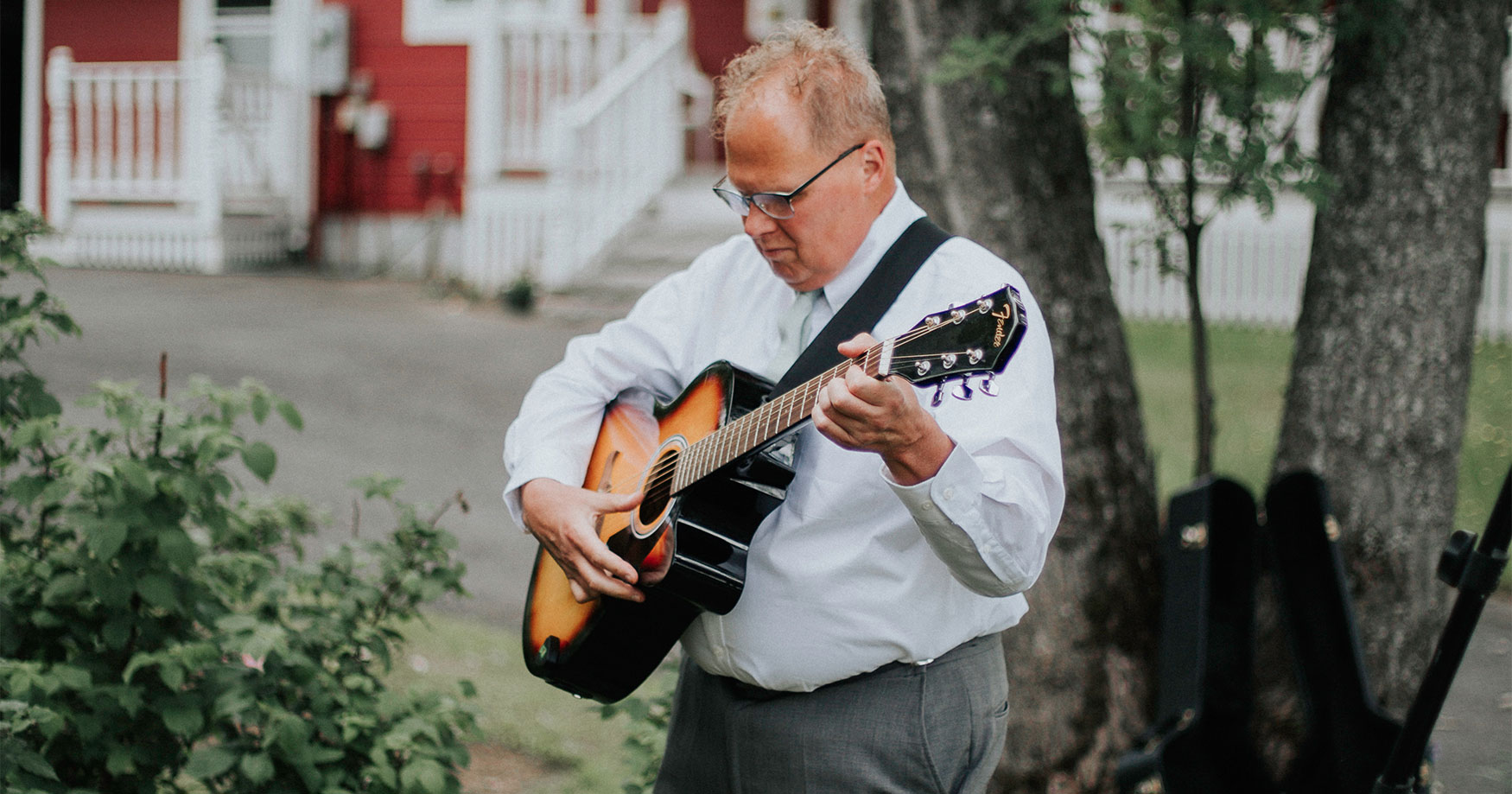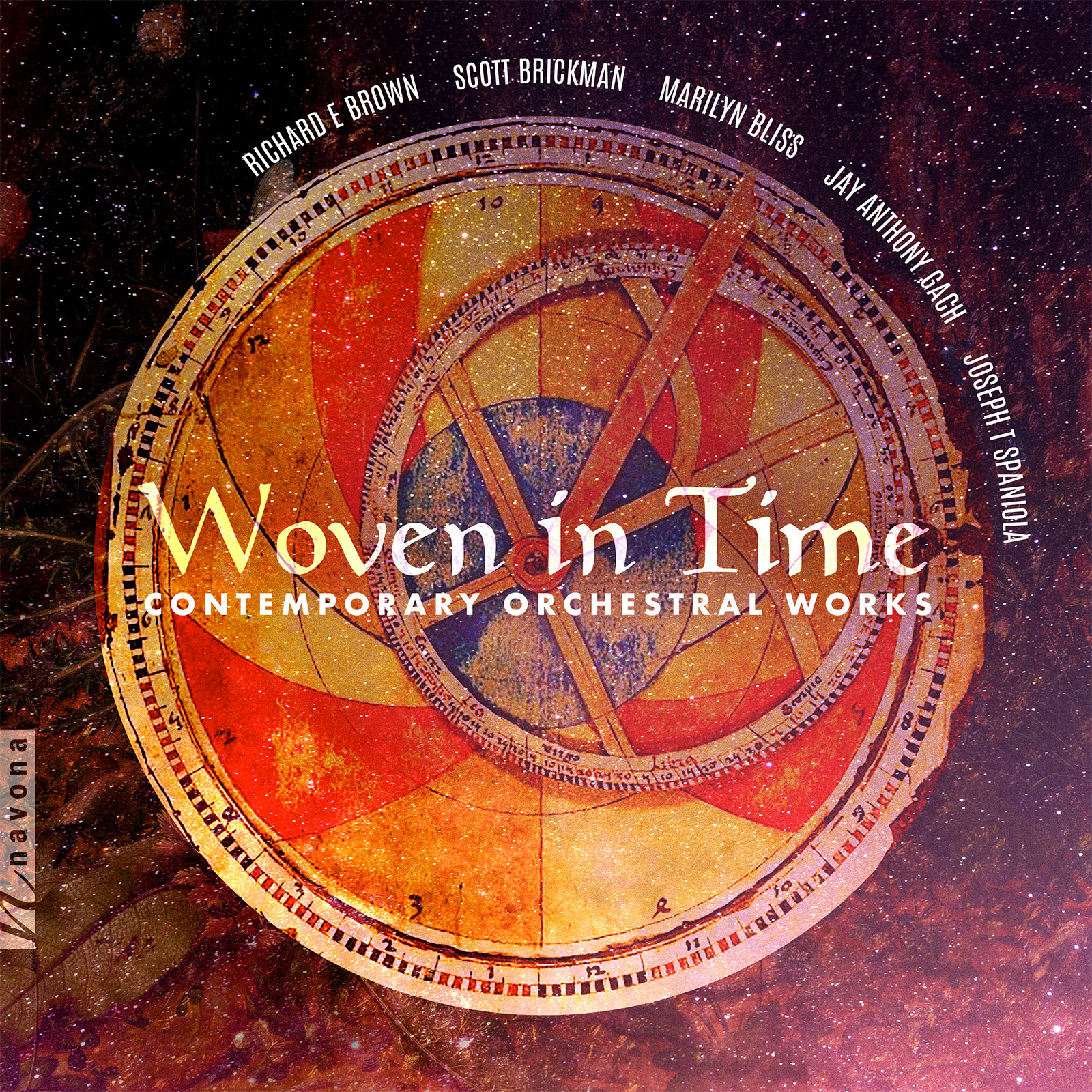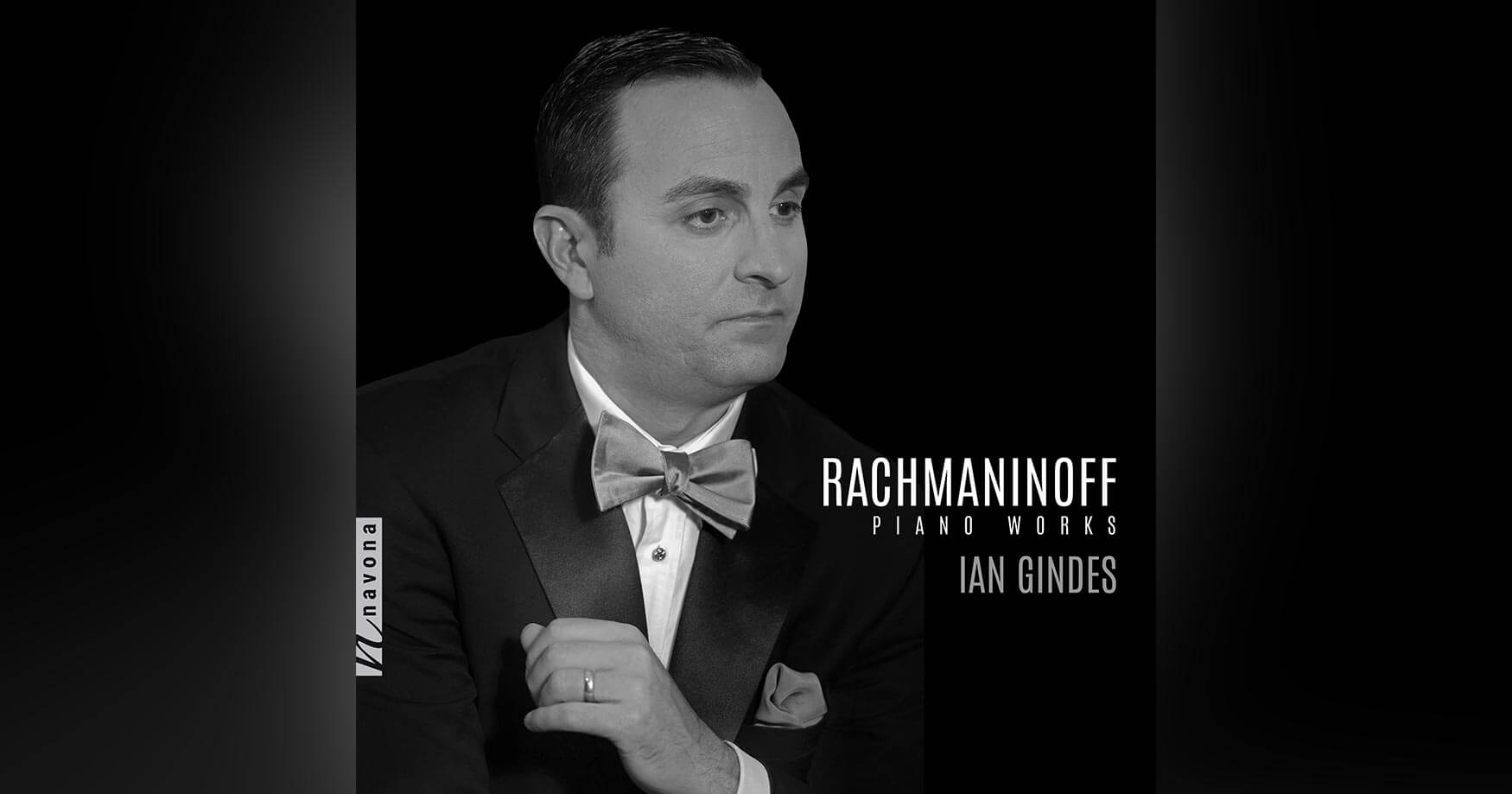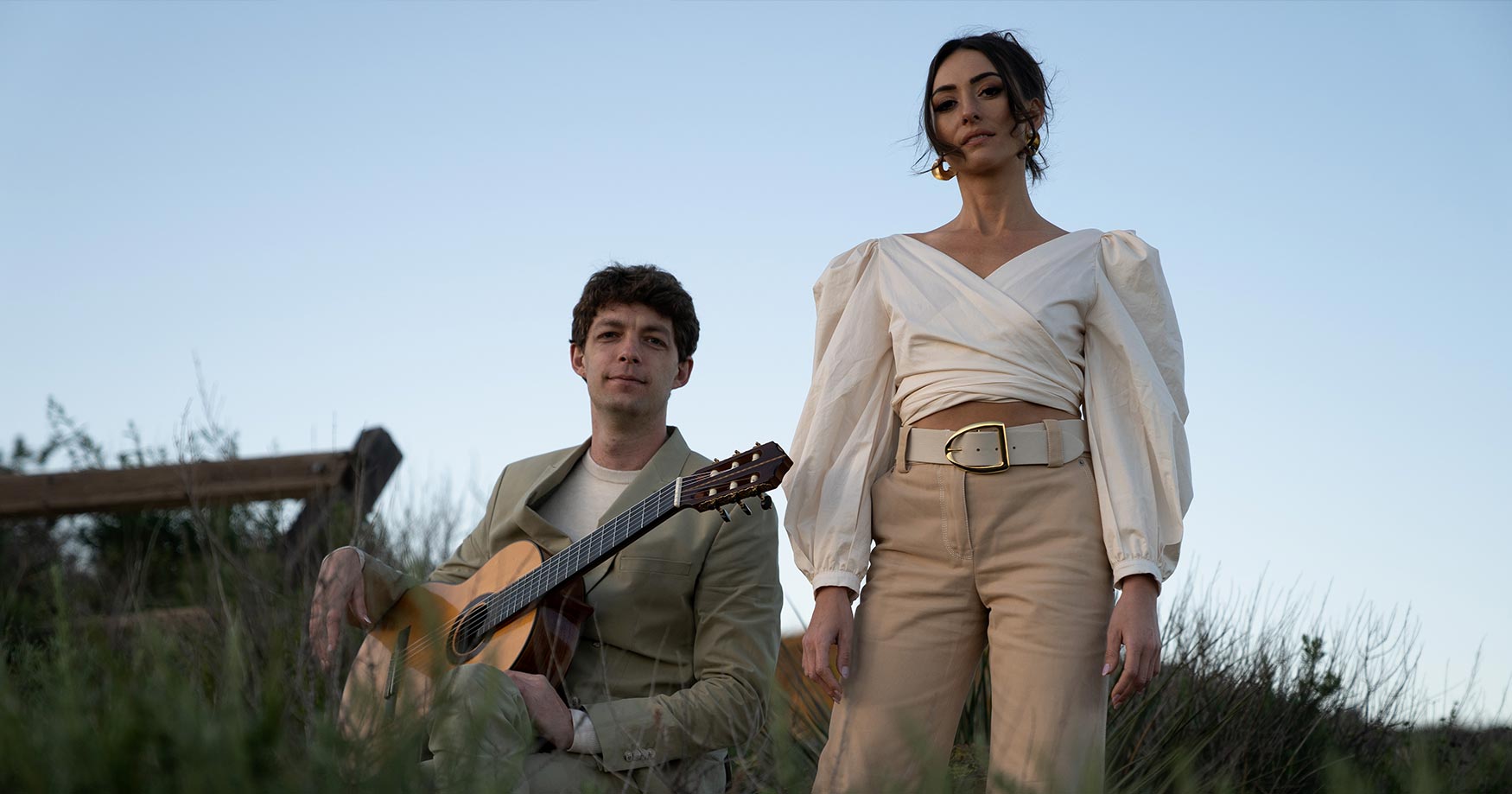WOVEN IN TIME from Navona Records weaves culture and ideas of the past with a modern approach to composition, revitalizing and repurposing the popular culture and literature of yesterday into contemporary music for our enjoyment today. Inspired by his experiences with Latvian culture and history, Scott Brickman’s Symphony No. 5 celebrates the asymmetrical meters of Latvian folk songs and dances, and draws upon certain decorative patterns of Latvian linen arts.
Today, Scott is our featured artist in “The Inside Story,” a blog series exploring the inner workings and personalities of our composers and performers. Read on to learn about his extensive catalog of jazz records and his current pursuit of Latvian fluency…
What inspires you to write and/or perform?
My life experiences inspire me to compose music. Music is how I react to the world. I remember my first trip to Lviv, Ukraine in 2016. I had no idea that Lviv was the city where Heinrich Schenker lived for a while as a youth and where Mozart’s son spent most of his adult life. As part of the Austro-Hungarian Empire with a significant Polish population, and perhaps under the influence of Chopin, Franz Xaver Mozart wrote many polonaises. I decided on subsequent visits to compose polonaises, and some of these have manifested themselves into my pieces. When my father passed away I wrote music. When my oldest daughter and her husband told me I was going to be a grandfather, my reaction was to write a piece of music. When I hear other pieces of music — whether I Iike them or not — I respond by writing music.
Tell us about your first performance.
Well, there were sort of two of them. My first performance of an original composition of mine was at my 8th grade graduation! My elementary school had a tradition of having a graduate perform. The class preceding me had a boy who played Rachmaninoff’s Prelude in C# minor! Since everyone knew that I was into music and taking piano lessons, they asked me to perform. There was no way for me to compete with the Rach prelude, so I decided to perform an original piece of mine, a Nocturne which was somewhere between Debussy and Schoenberg.
About that time, when I was 13 or so, I first heard Schoenberg, Ives, Stravinsky, etc., and because of what I perceived as a similarity to the Beatles’ Revolution #9 and A Day in the Life, I became really interested in atonality and 12-tone music. My first performance by professional musicians was of a Fanfare for Woodwind Quintet, which won a composition prize when I was 18 and a senior in High School. It was performed at the old main branch of the Chicago Public Library in downtown Chicago. It was a rather orthodox 12-tone piece.
If you could collaborate with anyone, who would it be?
In some ways this question is moot. The performers that I already work with….I’m really fortunate beyond my wildest dreams and imagination. They are seriously awesome. Why would I want anything else?
If we looked through your music library, what would we be surprised to find?
I suspect you’d be surprised to find rather extensive recordings of Renaissance vocal music, especially Ockghem, and also a rather wide range of jazz. My jazz catalog includes Bix Beiderbecke, Mary Lou Wilson, Hazel Scott, Roscoe Mitchell, etc., along with the more common artists. I teach a History of jazz course. As an undergraduate, I took upper level composition electives in jazz composition and arranging. While I’m not a “jazzer” in any sense, perhaps I view jazz as my weak point and dislike the notion that I am approaching it as an academic, and that may be a secondary reason why I have an extensive catalog of jazz recordings.
How have your influences changed as you grow as a musician?
My influences have changed in my opinion, largely through my travels throughout Europe and through my ability to be both self-analytic and reflective. I enjoy challenges and learning new things. Case in point, the accordion. Prior to my first trip to Europe in 2015, I shudder to think what my response would be if someone suggested I compose something for the accordion. And two accordion works later (big smile), I’ve found a new group of musical friends! Additionally, it’s not just the classically trained accordionists that I find impressive. The street musicians, the young people; walking through — for example — Leipzig city center and hearing two young guys absolutely nail Bach’s Toccata and Fugue in d minor. It’s a far cry from what I experience at the Baby Doll Polka Club in my old neighborhood in Chicago.
What are your other passions besides music?
Broken record here, but I can’t explain my consuming passion with my Latvian and Polish ancestry and their cultures. Growing up in Chicago, I was really part of a Polish diaspora culture. My mother’s first language was Polish. Latvian culture, less so. However, since 2018 I have been studying the Latvian language formally, having done two in-person summer school courses in Latvia and a remote one (thanks to the pandemic). Though my Grandmother who passed away when I was 32 was born in Latvia and spoke Latvian, she didn’t have anyone to use the language with. Currently, I’m studying privately via zoom with one of the summer school teachers. Latvian is a difficult language; very few words or roots of words have a relation to the English language. I really love it though, and I feel that I am actually progressing rather well. One of the best compliments I have received from my teachers, and this is consistent since 2018, is that I am curious, enthusiastic, and fearless.
Explore Scott’s Latest Release
WOVEN IN TIME
WOVEN IN TIME is available now from Navona Records. Click here to visit the catalog page and explore this album.




